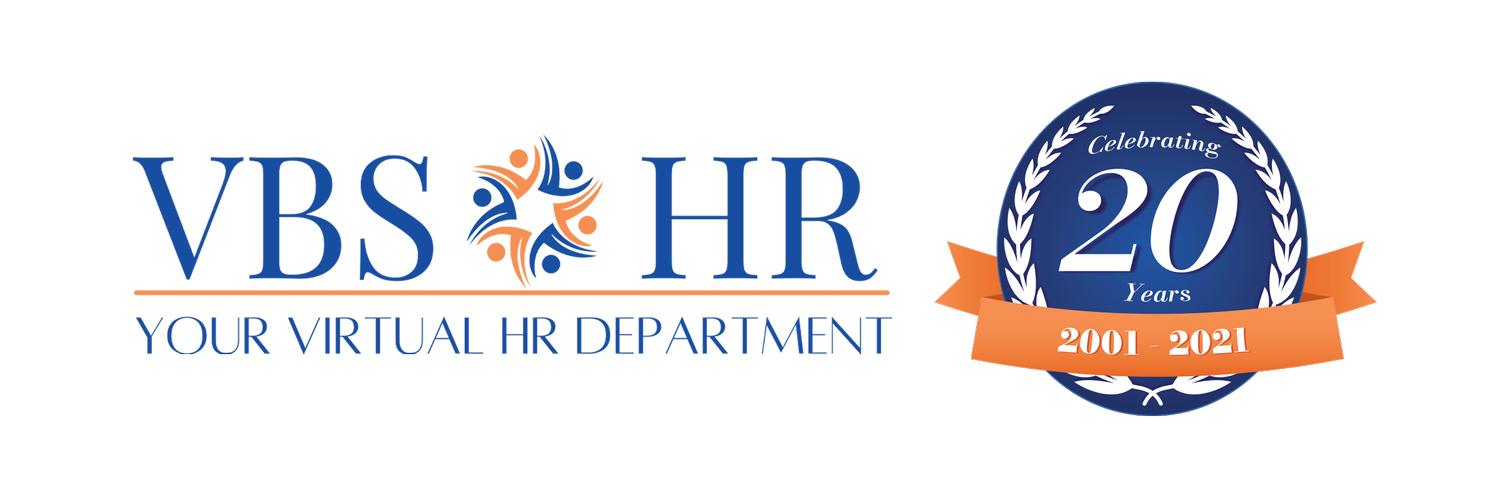Social Media Monitoring???
Almost everyone today has a real-life and one that's online. As a result, our social media relationships and interests may be as important to us as our personal connections. As social media use has risen, so has the possibility employees might be posting images or content that's contrary to a company's mission and values.
If you don't already have a social media policy, you should. The risk online posts pose to businesses is great. Assuring only authorized employees post or comment on the organization's behalf is just the beginning. Your policy should prohibit sharing company information as well as protecting your brand. If you choose to monitor social media, let employees know you're screening for activity that is illegal, like cyber-stalking, harassment, or discrimination, not their personal information, likes or dislikes.
Pros of Monitoring Social Media
Protecting Company Reputation:
Monitoring can help identify and address posts that might damage the company’s reputation.
Preventing Misconduct:
It can help in identifying and preventing misconduct or harassment.
Ensuring Compliance:
Monitoring can ensure that employees are adhering to company policies regarding the use of social media.
Safeguarding Data Security:
It helps in detecting and mitigating risks related to data leaks or security breaches.
Promoting Professionalism:
Encouraging professional online behavior can positively reflect on the company's image and help maintain a professional environment.
On the contrary, many employees will feel that monitoring their social media is an invasion of privacy and can foster job dissatisfaction. In addition, there are ethical considerations at play. Monitoring can be misused for discriminatory purposes and/or targeting certain employees unfairly.
There are also strict rules about what you can do with what you see. The National Labor Relations Board has made it clear that when employees discuss working conditions online, with one or more coworkers — even negatively — it is protected speech. These 'concerted activities' are protected under NLRB law. Businesses are prohibited from retaliating against the employee(s) in any way, including discipline or termination because of a post, email or online communication.
Whether or not to monitor employees' social media is a decision that should be made based on the specific needs of the organization, the nature of the work, and legal and ethical considerations. It’s essential to weigh the potential benefits against the risks and ensure that any monitoring is conducted transparently, fairly, and with a respect for privacy.

